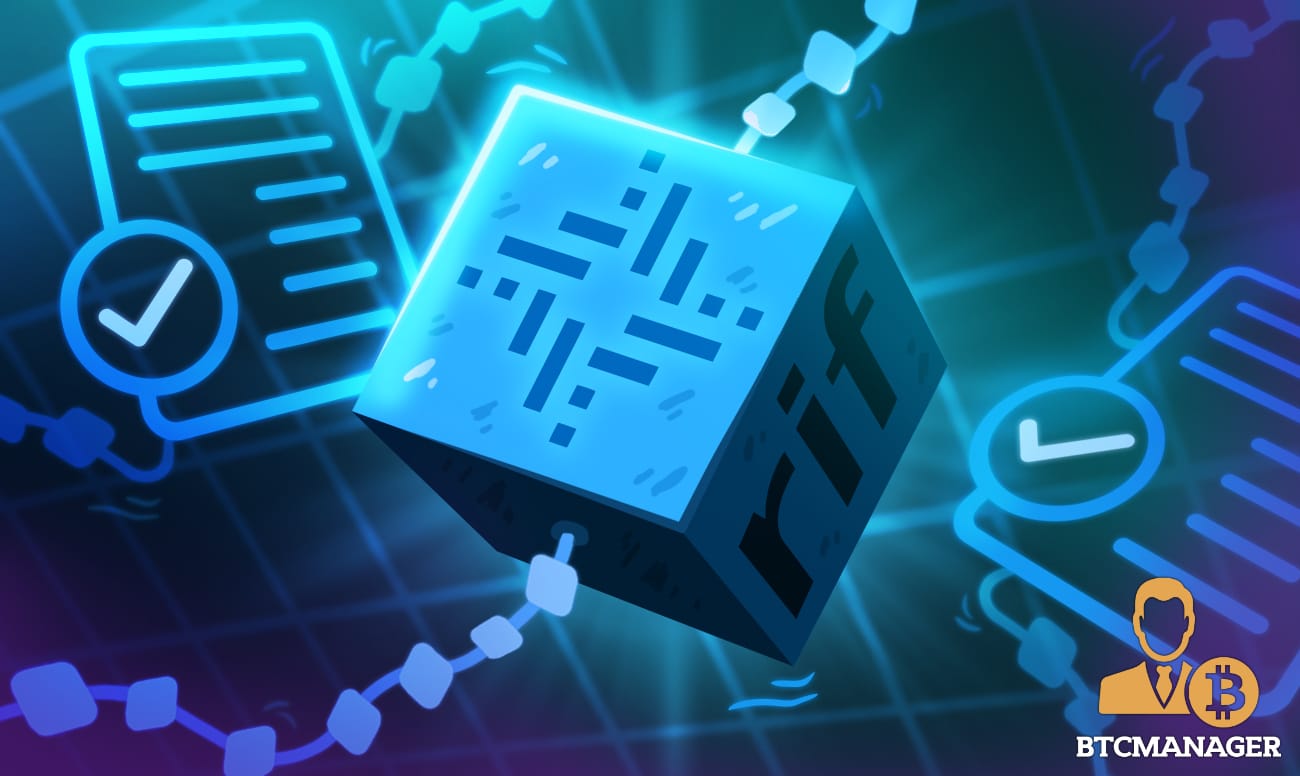RIF Gateways: Making Smart Contracts Even Smarter

Blockchain, the technology that undergirds virtually all cryptocurrencies in existence today has been consistently touted as a game-changer for a swathe of industries the world over. The decentralized nature of public blockchain networks provides a ready foundation for tamper-proof smart contracts that can self-execute business transactions based on certain inputs and codes. However, smart contracts’ ability to self-execute transactions doesn’t come free of cost.
Tasks involved in the execution of a smart contract, including fetching data from external sources and executing transactions based on the input data require a dynamic edge to smart contracts. Essentially, the deterministic nature of smart contracts makes the whole smart contract business a rather complex and expensive affair. This is where RIF Gateways comes into the picture.
Enter RIF Gateways
With a vision to develop and implement easy-to-use technologies that enable developers and firms to design blockchain-powered applications that can effortlessly fetch pertinent data from the external world, RIF Gateways seeks to explore a whole host of new use cases for smart contracts. To date, some of the most prominent smart contracts use-cases have come in the form of insurance contracts, trading contracts, and sports betting contracts.
Against that backdrop, RIF Gateways aims to provide a set of Oracle solutions that help smart contracts seamlessly interact with the external world through blockchain oracles. By bridging the existing gap between blockchains and data providers, RIF Gateways acts as a catalyst to support a wide range of data consumption, subscription, and payment models.
 At a broad level, RIF Gateways can be segregated into three major services – data services (for fetching and consuming external data from the blockchain), triggers (for consuming from the external world, data from within the blockchain), and schedulers (for requesting future execution of a blockchain transaction).
At a broad level, RIF Gateways can be segregated into three major services – data services (for fetching and consuming external data from the blockchain), triggers (for consuming from the external world, data from within the blockchain), and schedulers (for requesting future execution of a blockchain transaction).
These three services largely cover all the scenarios in which blockchain-powered applications interact with the external sources of data. That said, each of these three services come with their own set of challenges that require the appropriate tools to make them perform in the desired manner. To tackle such difficulties, RIF Gateways service defines a simple interface for consumers to interact with Data Service Providers, Trigger Services, and Transaction Scheduling. Now, we examine all three services in detail.
RIF Data Services
Data services essentially provide a specific kind of external-world data from both, a single source or multiple sources. A smart contract comprises a specific logic that enables it to fetch and implement data within it allow it to self-execute.
With regard to the RIF ecosystem, the RIF Data Services manages the information coming from the external world into the blockchain. Commonly referred to as Oracles, these inbound transactions from the external world act as stimuli to enable smart contracts to run business logic as per the external data received. As alluded earlier, some of the most popular examples of applications that require external data include insurance contracts, and finance applications, among others.
By leveraging RIF Data Services, users get the luxury to choose among various types of Oracle services followed by an interaction with the corresponding provider to get the desired information. From the providers’ perspective, for them to comply with RIF Data Services protocol, they are required to implement a specific interface in their smart contracts. They are also required to define a clear and specific set of data consumption, subscription, and payment models.
Notably, RIF Data Services protocol is designed in a manner that makes their integration with third-party Oracle Services possible.
RIF Triggers
Following an opposite flow of information to Data Services, RIF Triggers deals with data flowing from the blockchain into external applications and systems.
For instance, certain gaming applications and payment applications need to access data generated within the blockchain in order to perform their logic and operations. It’s also worth noting that Trigger Providers are required to comply with a predefined interface to allow users to discover and filter the offerings through an explorer application. For them to work, such interfaces must be designed to be consumed by third-party applications.
Basically, RIF Triggers establishes a standardized way to consume blockchain events and data without having to incur the risks and costs of implementing a new solution for each new use case. RIF Triggers facilitates users to configure the event processing service, specify what they want to listen to, and what actions occur once a particular event happens, among other uses.
RIF Schedulers
Finally, RIF Schedulers are concerned with the functioning of periodic and recurring transactions enabling users to execute time-based logic and smart contracts on the blockchain. RIF Schedulers can be thought of as decentralized solutions that allow a customer to program future executions of on-chain transactions.
Notably, the ability to execute transactions based on certain time conditions isn’t native to any blockchain which is of high importance for most distributed ledger technology-based (DLT) applications. For instance, investment applications require a smart contract to payout earnings in the form of interest payments and rewards to depositors at the end of a certain time period.
RIF Schedulers circumvent the aforementioned challenges by providing an implementation-agnostic protocol to schedule transactions at a fixed time in the future. It also provides customers with a reliable way to program future executions of on-chain transactions.
Final Thoughts
Concluding, RIF Gateways takes a wholly different yet simple approach toward enabling users to interact with Oracles, Trigger Services, and Transaction Schedulers. RIF Gateways not only largely mitigates the complexity associated with a diverse set of advanced technologies and tools but also guarantees safe, tamper-proof interactions with external applications and systems.
RIF Gateways converges the existing research on blockchain Oracles into a single unified API so that users can enjoy the benefits of seamless and efficient integration between blockchain applications and traditional solutions. The team at RIF Labs and RSK, the smart contract platform on top of Bitcoin, continues to research data Oracles to further streamline the functioning mechanism of smart contracts and propel the world toward a more decentralized and democratized future.












